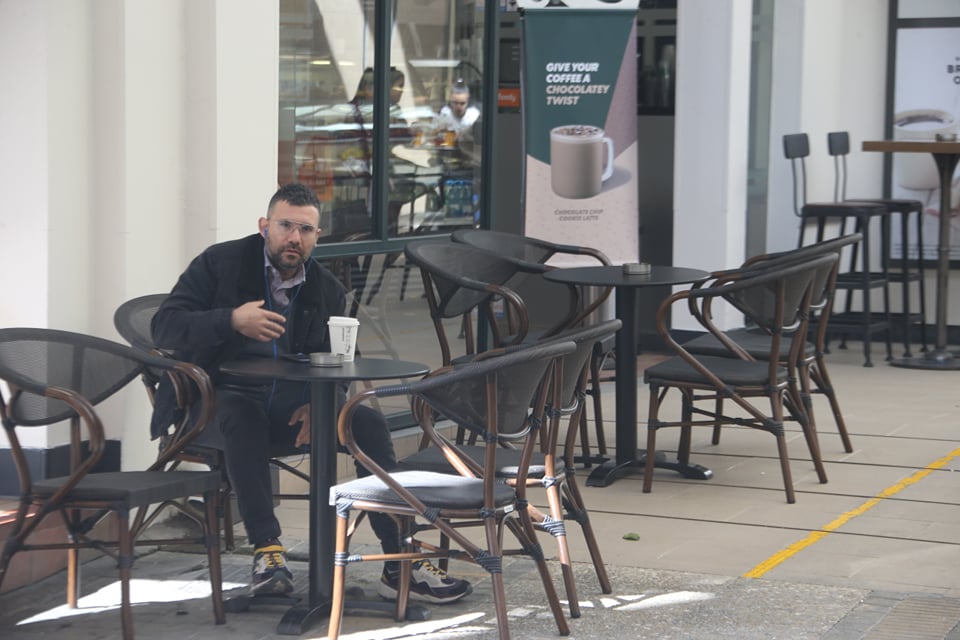About three in five Cypriots use social media to be informed, the highest percentage in the EU, the latest Eurobarometer report released on Wednesday showed.
However, they are pessimistic about what they read, the country’s current situation and its future. The European Commission’s report, which covers the 2022-2023 winter period, revealed that people in Cyprus are concerned about the future of the country but also of the European Union.
It showed that 58 per cent of Cypriots use social media to be informed, compared to an EU average of 29 per cent.
They also say that they often come across news or information they believe distorts reality or is even false (84 per cent in Cyprus compared to 69 per cent in the EU). And Cypriots continue to feel that they are not well informed about European issues as a high proportion do not trust the media and institutions.
Some 52 per cent of Cypriots are not satisfied with the way democracy works in their country, compared to 41 per cent in the EU.
However, over half of Cypriot responders, 58 per cent, believe that things in general are heading in the wrong direction in the country. Both Cypriots and other Europeans also think that things are heading in the wrong direction in the EU (54 per cent in Cyprus compared to 52 per cent in the EU).
Regarding the future, only 54 per cent of Cypriot respondents say they are optimistic, the fourth lowest in the EU where the average is 62 per cent.
Cypriots rate the general situation in their country as bad (57 per cent, 58 per cent EU average), as well as the current state of their national economy (61 per cent, 63 per cent in the EU). But they consider the state of the European economy as good (46 per cent) although they expect things to remain the same in the next 12 months.
Cypriots though are generally satisfied with their lives (80 per cent), as are Europeans (83 per cent). Most satisfied are those in Denmark (98 per cent) and Sweden (97 per cent).
Among institutions, Cypriots have more trust in the health sector and national medical staff (71 per cent) and the army (69 per cent) than regional or local public authorities (52 per cent) and the judiciary and the country’s legal system (48 per cent).
On the contrary, they said that they probably do not trust political parties (83 per cent), NATO (68 per cent), Parliament (67 per cent) and in equal numbers the media (65 per cent) and the national government (65 per cent).
When asked which issues they consider to be the most important issues facing Cyprus, the most popular answers were immigration (52 per cent), rising prices, inflation and the cost of living (46 per cent), as well as the country’s economic situation (32 per cent). Cypriot responders considered that these three issues are also the most important issues facing Europe.
But the order is reversed when asked what are the most important issues they face personally.
Regarding the consequences of Russia’s invasion of Ukraine, 90 per cent in Cyprus believe that it has serious consequences for them personally and 97 per cent that it has serious economic consequences for the country.
Concerning the EU, 42 per cent of Cypriot respondents said they have a positive image of the EU while some 68 per cent in Cyprus think that their voice does not count in the EU.
Despite the above figures, 59 per cent in Cyprus do not think the country could face the future better outside the EU (65 per cent average).
In relation to the EU’s response to the Covid-19 pandemic, 68 per cent of Cypriot respondents said they trust the EU to make the right decisions in the future, slightly above the EU average (63 per cent).
The survey was conducted in Cyprus with a sample of 504 people in the areas controlled by the government of the Republic of Cyprus from 12 February to 6 February.







Click here to change your cookie preferences